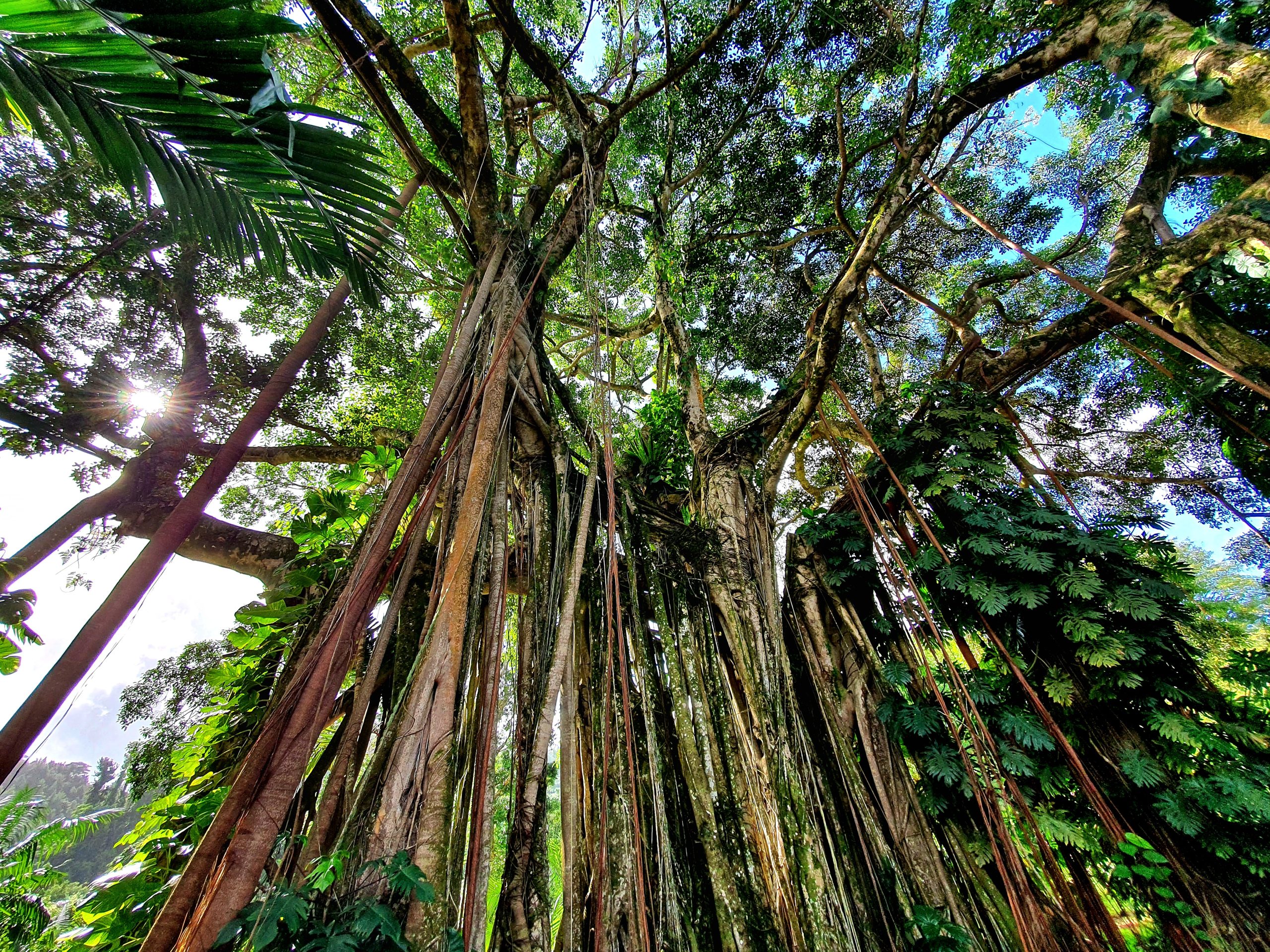Pū Fenua: Returning to the Source
In the Islands of Tahiti, a sacred tradition exists—quiet, intimate, and deeply symbolic. It is the burial of the pū fenua, the placenta of a newborn, into the earth.
More than a custom, pū fenua is a declaration: this child belongs to this land.
Passed down through generations, the practice reflects the Polynesian belief that life begins and remains rooted in a strong relationship with Te Fenua—the land, the origin, the mother.
The word “pū” means center, core, source—a place of beginnings.
The word “fenua” means land, territory, home.
Together, pū fenua is the sacred link between the soul and the soil.
Traditionally, the pū fenua is buried beneath a fruit tree, where it nourishes new life that, in turn, will nourish the child and its own family when comes the time.
In this cycle, the body returns to nature, and nature returns to the child.
In the Marquesas, it is placed beneath banyan trees, whose roots speak of ancestry, memory, and the continuity of generations.
In fishing families, the pū fenua is released into the sea, ensuring the child will always find their way home, guided by the ocean’s pulse.
Each act, whether on land or in water, carries the same truth: we do not exist apart from nature ; we are of it.
Today, the tradition endures—gently adapted, yet deeply respected.
Families still recover the placenta, still choose a tree or a space that holds meaning, still honor this timeless rite. Whether a fruit tree or a blooming tiare tahiti, what matters is the sacred intention that holds a return, a reconnection, a remembering.
In a world that moves fast and forgets easily, the pū fenua invites us to pause—to ground ourselves in what is eternal.
It reminds us that identity is not only in the name we carry, but in the earth we walk, the ancestors we carry, and the roots we choose to grow.
It is love, returned to the land.
Photo credit: Rani Chaves

